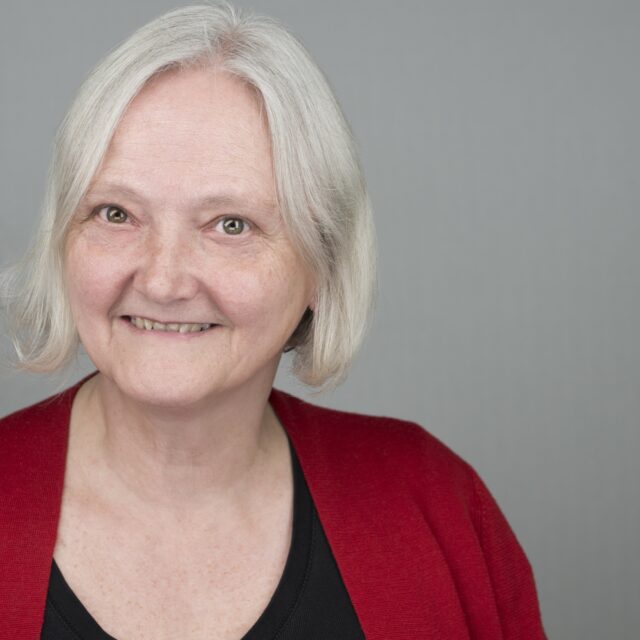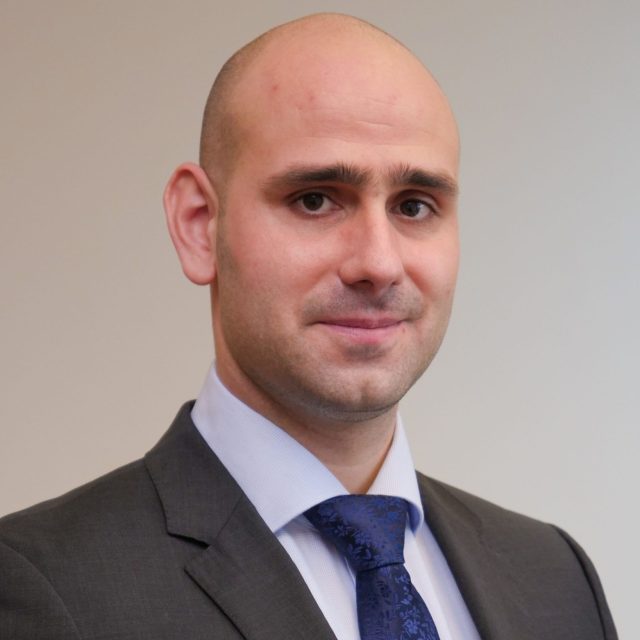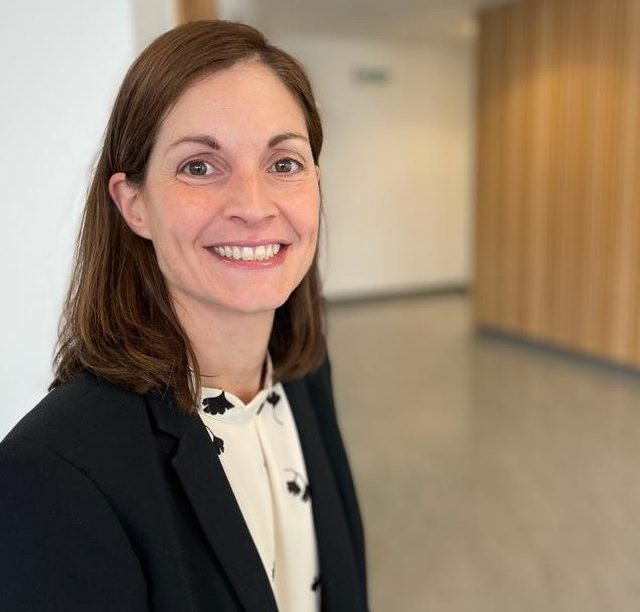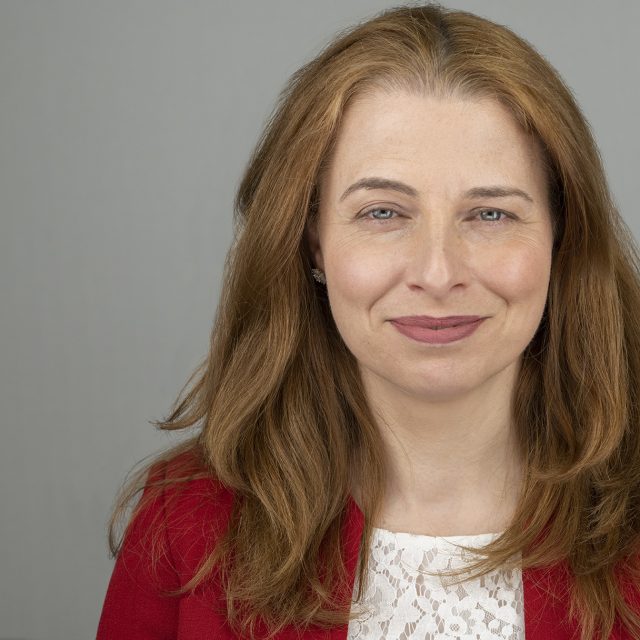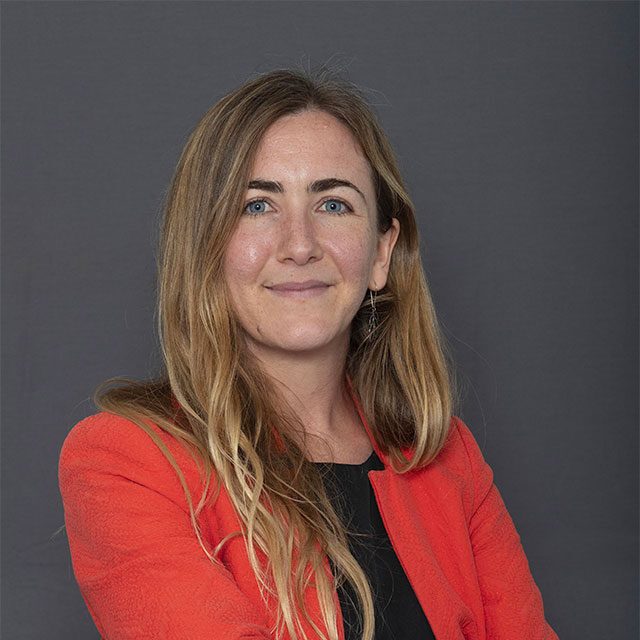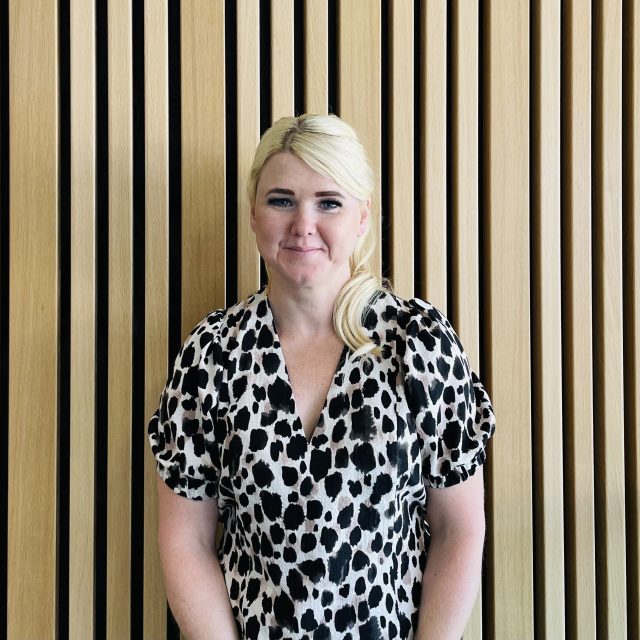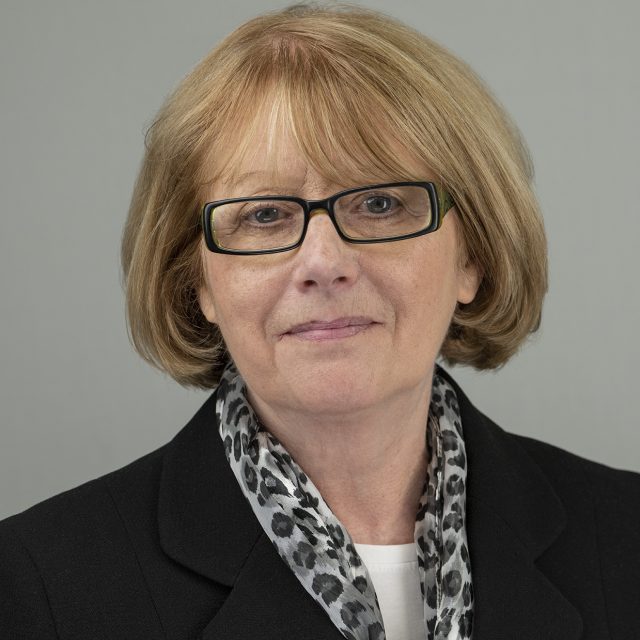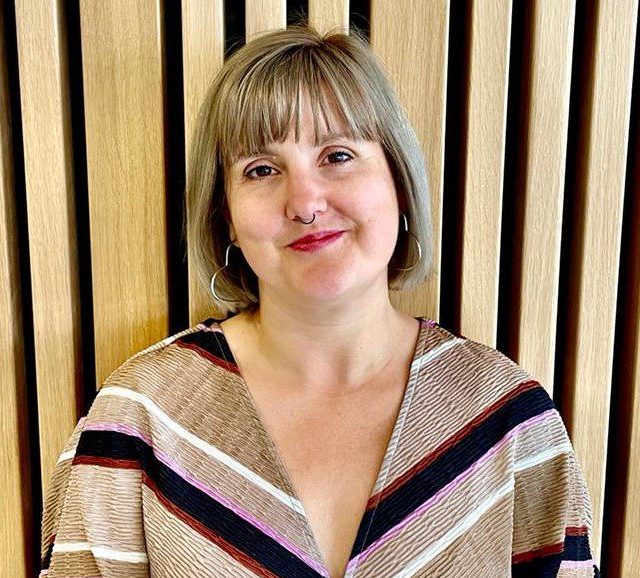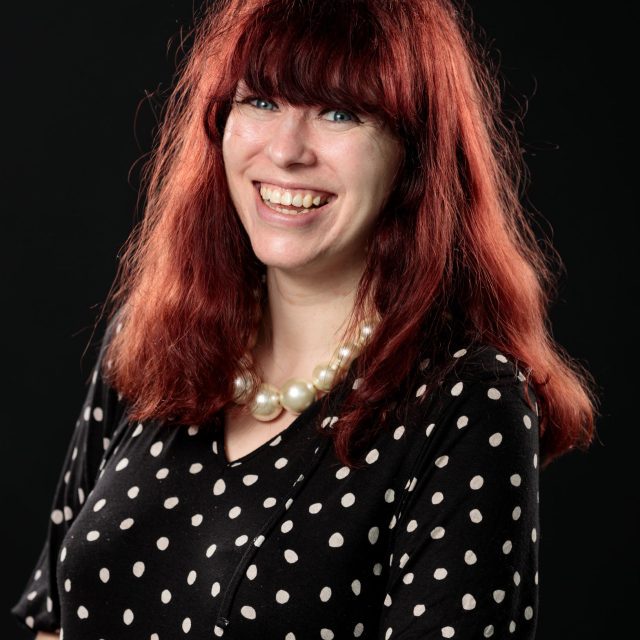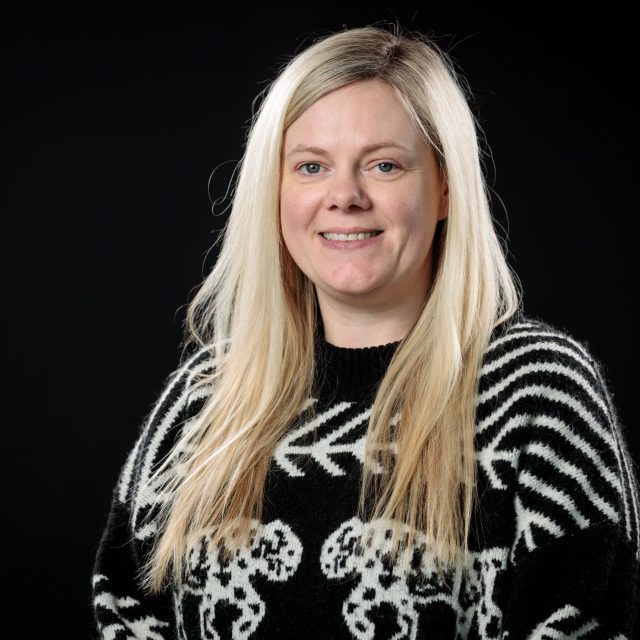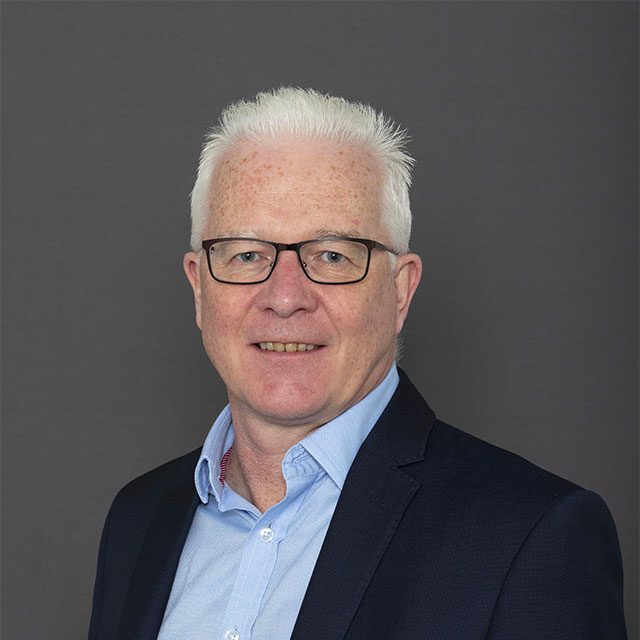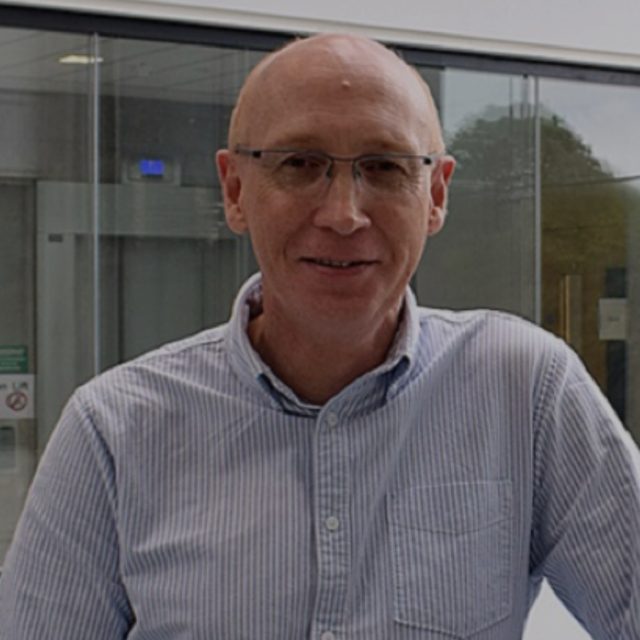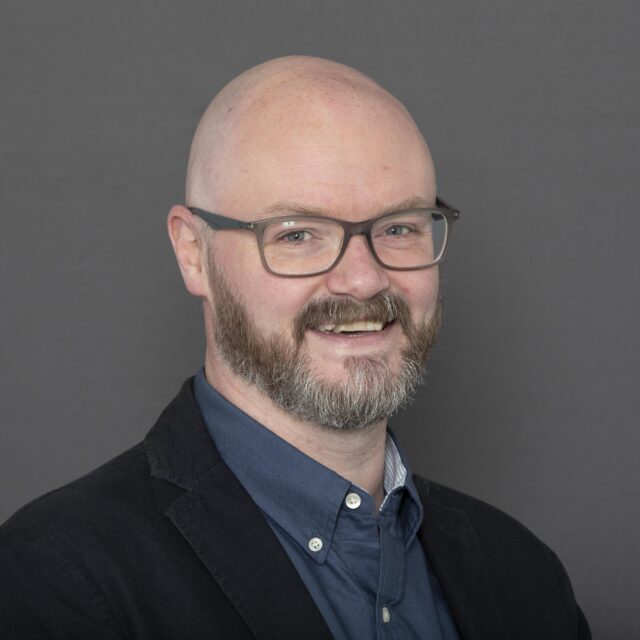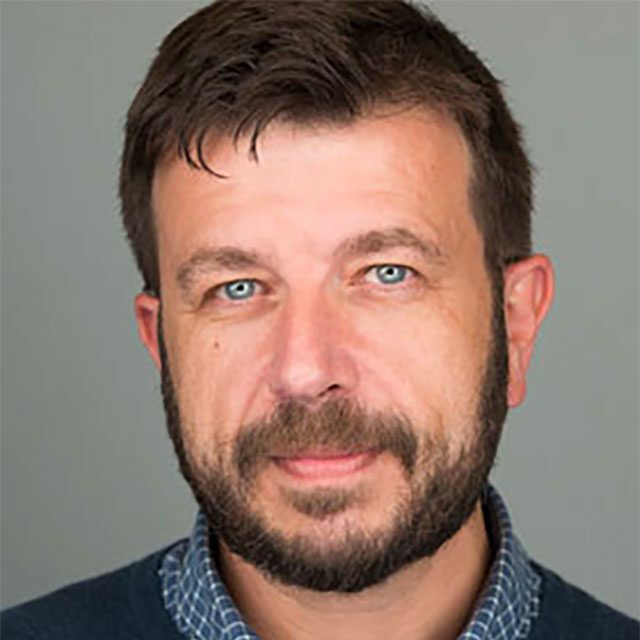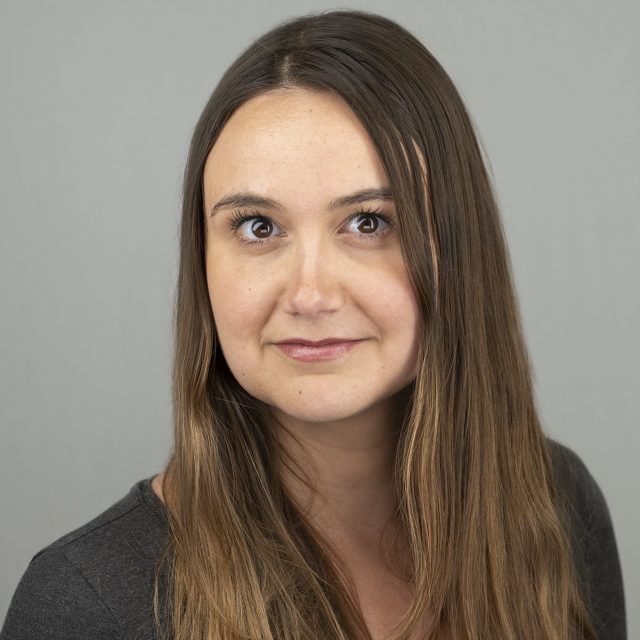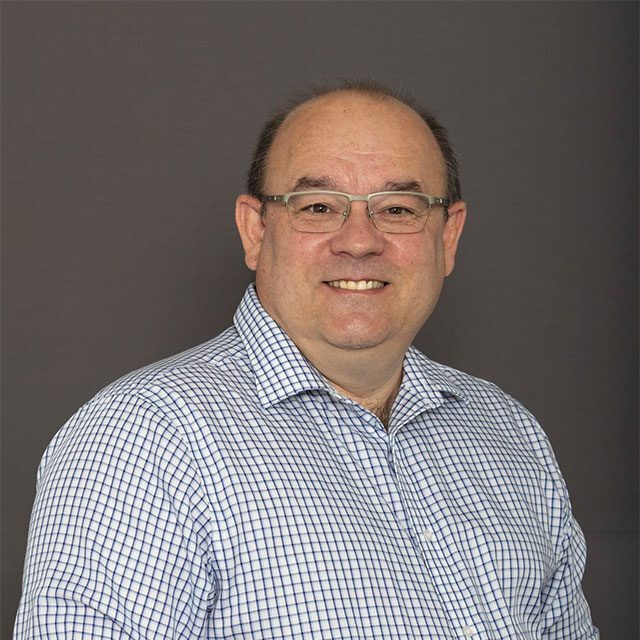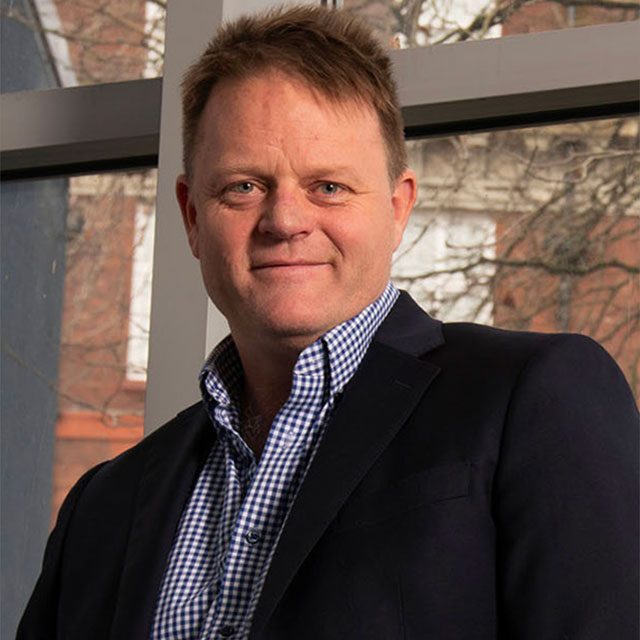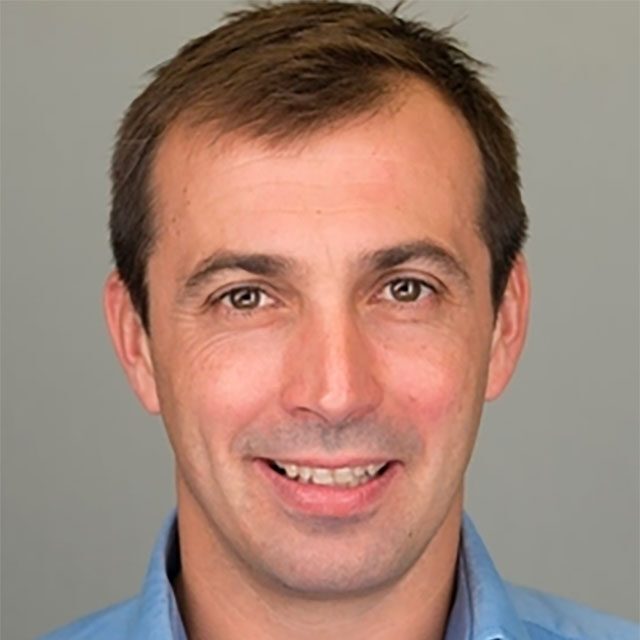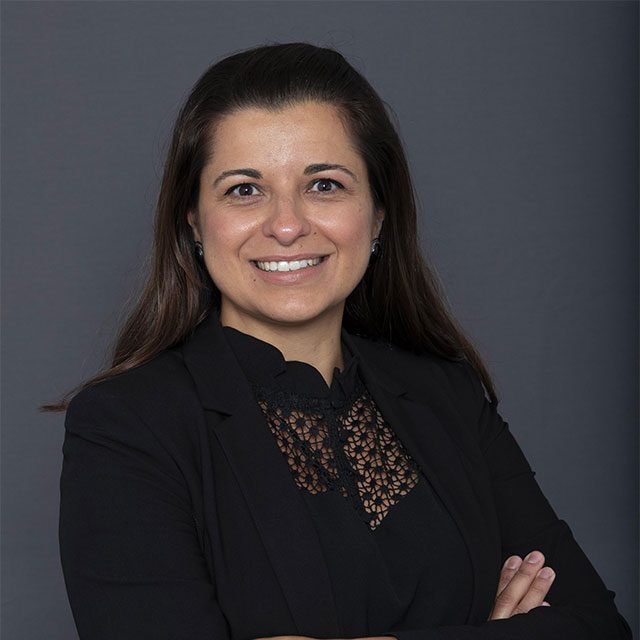- Find our latest Case Studies
- Our Platforms
Meet our Team
iiCON Core Team
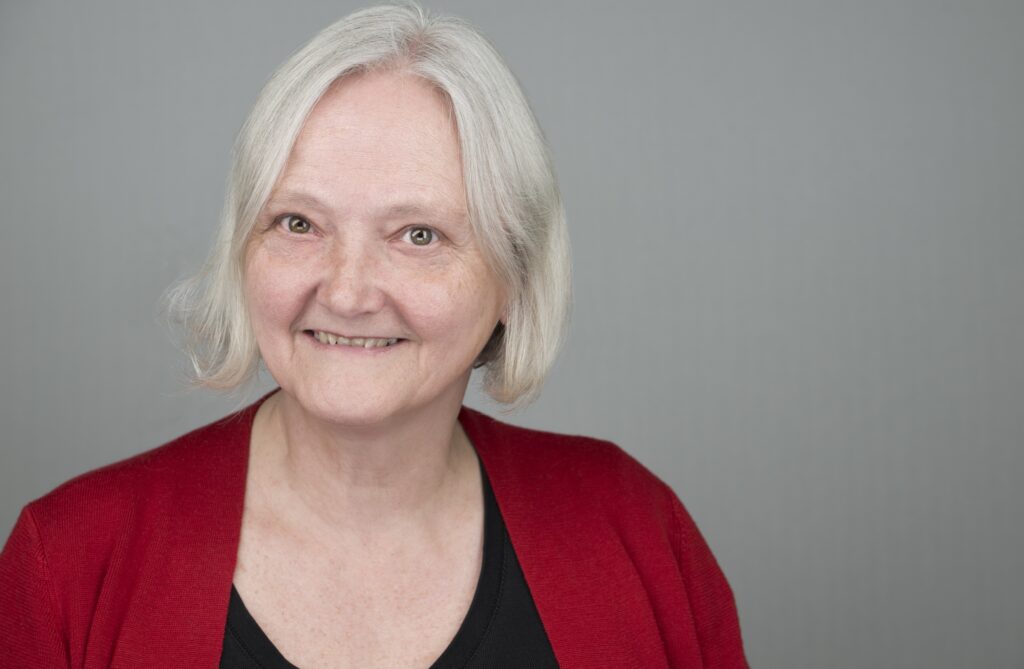

Professor Janet Hemingway
iiCON Director
CBE, FRS, DSc, PhD, BSc, NAS (Foreign Associate), FMedSci FRCP (Hon), FRES (Hon), FAAM
Founding Director of iiCON and Professor of Tropical Medicine at LSTM, Professor Hemingway was appointed the Director of LSTM in 2001 and stepped down in 2019 having overseen a period of exceptional growth of the organisation. This included the awarding of Higher Educational Institution Status & Degree Awarding powers to LSTM. She was awarded the Commander of the British Empire (CBE) for services to the Control of Tropical Disease Vectors 2012.
She is a senior technical advisor on Neglected Tropical Diseases for the Bill and Melinda Gates Foundation (BMGF) and has 40 years’ experience working on the biochemistry and molecular biology of specific enzyme systems associated with xenobiotic resistance. She has been PI on projects in excess of £200 million including the BMGF funded Innovative Vector Control Consortium, the ERDF funded Formulations programme and the BMGF funded Visceral Leishmaniasis Elimination programme.


Professor Stephen Gordon
Director of Experimental Medicine
A global respiratory specialist, Professor Gordon brings many years of senior experience in Clinical and Experimental Medicine to iiCON. Educated at the University of Cambridge and trained in General Medicine in Oxford, Zambia and Belfast, he specialised in Respiratory Medicine as a Clinical Lecturer at Sheffield University and completed Wellcome Trust Training and Career Development Fellowships studying susceptibility to pulmonary infections in Malawi.
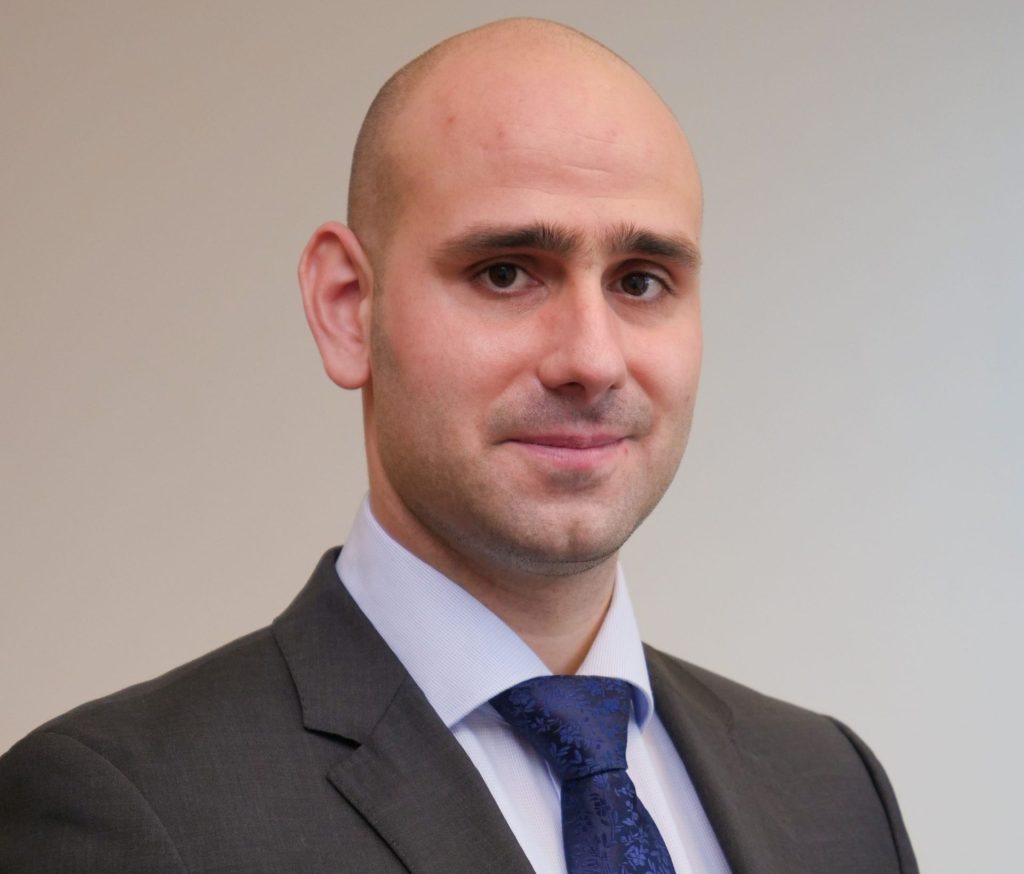

Professor Patryk Kot
Senior Business Development Manager
Professor Patryk Kot, one of the youngest professors in the UK, is a global expert in sensor technology and joins iiCON as Senior Business Development Manager.
His career experience as Deputy Director of the Built Environment and Sustainable Technologies (BEST) Research Institute, and Professor of Microwave Sensor Technologies at Liverpool John Moores University includes leading a multidisciplinary research team in the design and development of bespoke microwave sensors for global challenges. His research team has developed microwave sensors for applications such as biohazards detection (DASA), healthcare applications (SBRI and UKRI), cultural heritage (Horizon 2020) and chemical process enhancement (Horizon 2020 FTI) with a total external funding award of over £25 million.
This experience includes working on a number of key projects through iiCON funded by the Bill and Melinda Gates Foundation (BMGF) to explore the adaption of the fundamental concept of microwave spectroscopy for the detection of insecticide on walls for quality assurance of Governmental Indoor Residual Spraying programmes in low- and middle-income countries (India and Africa) to prevent vector borne diseases. The developed prototype was manufactured in 2023 and the success of this project led to further external funding of £1.3 million from BMGF to explore the fundamental concept of microwave spectroscopy being applied as a wearable technology for the detection of Lymphatic filariasis in humans.
In his new role, Professor Kot will be a key part of an expert team that will specify and design new Category 3 AI Robotic laboratories for iiCON, believed to be the UK’s first. The high containment laboratories will be capable of handling deadly pathogens and be fitted out with leading-edge robotics and AI technology.
His expertise in sensors will support the development of new products in the iiCON portfolio, helping to commercialise industry innovations. He will also lead on the development of new partnerships, providing expertise and guidance on the best routes to market for the innovative products iiCON has developed to date.
Contact: Patryk.Kot@lstmed.ac.uk
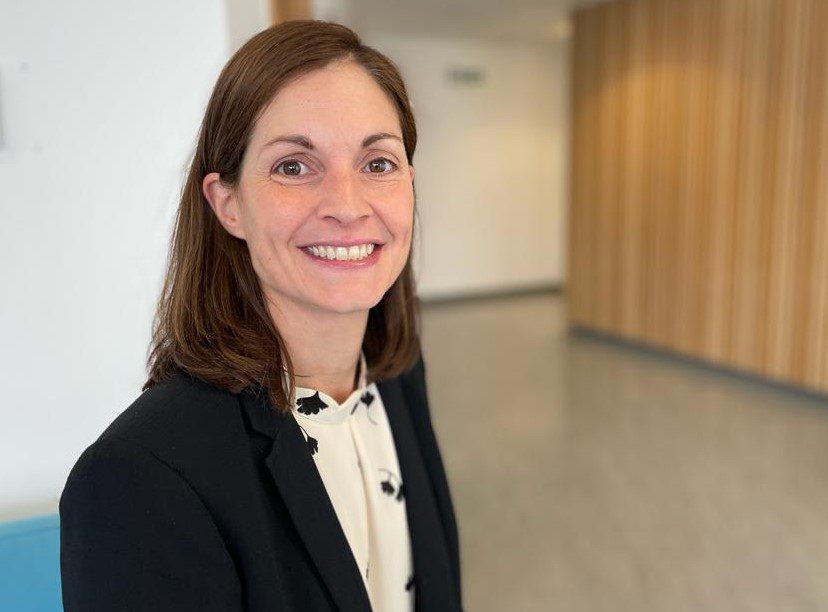

Dr Lizzie Crawford
Senior Business Development Manager
Lizzie is a business development manager at iiCON, focused on fostering strategic relationships and driving commercial partnerships for translational research.
With a strong scientific background as a pharmacologist and a Ph.D in molecular and cell biology, Lizzie also has experience in the pharmaceutical and biotechnology industries. After completing her Ph.D, Lizzie spent nine years in technology transfer at the University of Manchester. During this time, she played a pivotal role in supporting translational research, facilitating licence negotiations and establishing successful spin-out companies.
Her expertise spans the entire life-cycle of research projects from inception to licence agreements and she has demonstrable proficiency in navigating the complex landscape of academia-industry collaborations. Driven by a passion for innovation, Lizzie took on the challenge of founding a digital health spin-out company, where she had a multifaceted role responsible for all aspects of the start-up process, including business planning, fundraising, partnership development and regulatory planning, providing a solid understanding of the entrepreneurial ecosystem.
With her ability to bridge the gap between science and business, Lizzie can provide value to a wide range of iiCON partnerships.
Contact: Elizabeth.Crawford@lstmed.ac.uk


Dr Michael Egan
Senior Business Development Manager
Dr Michael Egan joins iiCON as a Senior Business Development Manager. Mike is a Chartered Engineer (IET) and Chartered Manager (CMI) and brings nearly two decades of experience working at the interface between academia and industry covering fields in robotics, machine design, manufacturing, formulation, processing, scaleup and project management.
For the last 9 years he led the development and commercial/academic exploitation of the University of Liverpool’s Materials Innovation Factory automation capabilities. This included development of a £3M Henry Royce Institute funded automated robotic platform for material chemistry called the Formulation Engine.
In his new role, Mike will be a key part of the team developing the new £10m high-containment labs by the Liverpool School of Tropical Medicine-led iiCON. The labs will be equipped with robotics and AI that will dramatically accelerate the development of new treatments to fight deadly infections.
Contact: Mike.Egan@lstmed.ac.uk
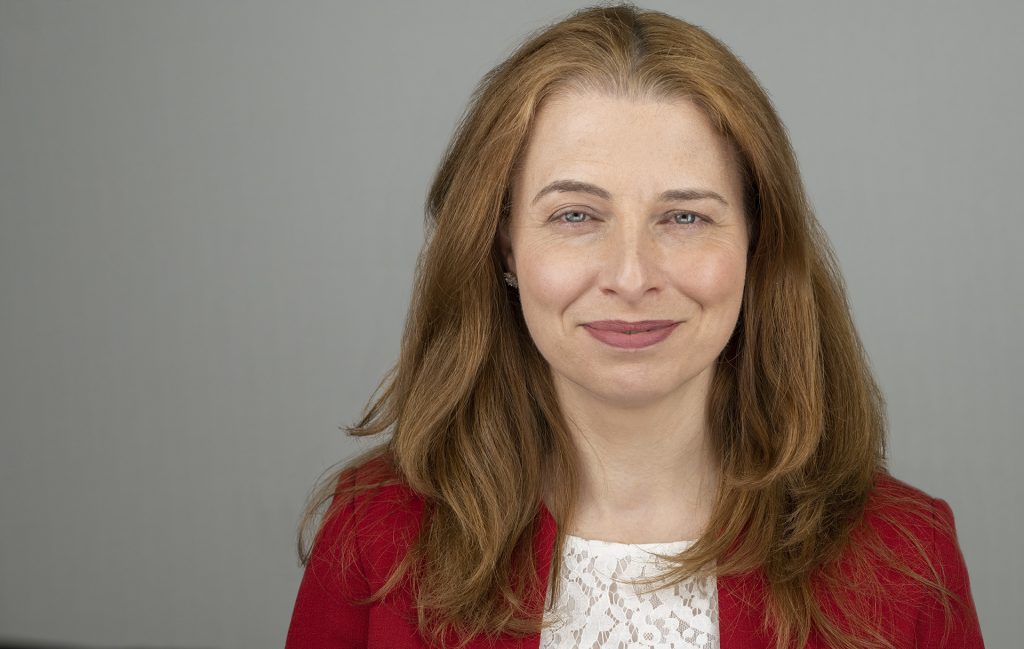

Gillian Kyalo
Senior Programme Manager
Gillian is an experienced Senior Programme Manager with over 20 years’ experience in managing International Public Health projects. This includes three years working in Kenya and Tanzania, for the UN and NGOs. Projects have spanned vector control, maternal and newborn health, neglected tropical diseases, capacity building of human resources for health, Lot Quality Assurance Sampling (LQAS), donor and aid co-ordination and disability rights.
Gillian has a track record of managing large, complex projects involving international consortia, and has managed projects funded by the European Union, FCDO, UN, UK Research Councils and the Bill and Melinda Gates Foundation. In addition to project management, she has also led in the areas of strategic planning, organisation development, public-sector fundraising, and monitoring and evaluation.
Gillian holds an MA in International Development Management, Diploma in Humanitarian Assistance, and a Prince2 Practitioner Project Management qualification. She has worked for LSTM since 2008 and currently manages a team that comprises a Programme Manager, Data Analyst and two administrators to successfully manage and administer iiCON’s project portfolio.
Contact: Gillian.Kyalo@lstmed.ac.uk
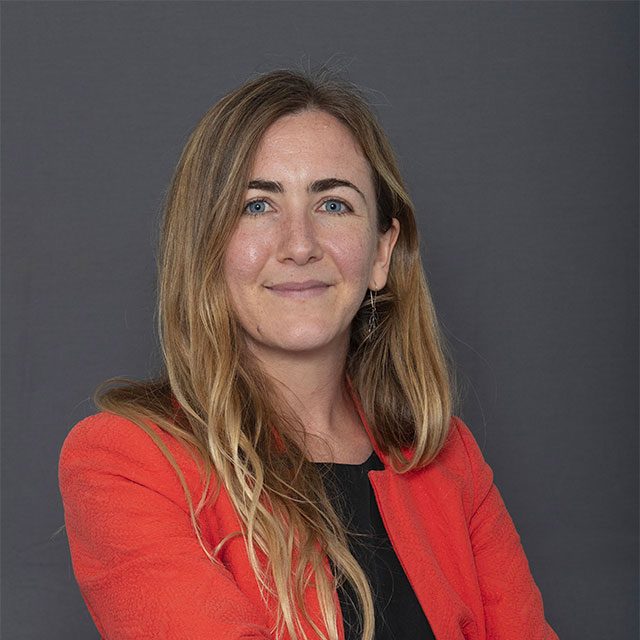

Ruth Cobban
Senior Corporate Communications Manager
An experienced communications practitioner with a background in regional news journalism, Ruth leads communications for iiCON. A former Account Director at a leading independent communications agency, Ruth has over 10 years’ strategic communications experience. She has directed and delivered multi-platform campaigns for national brands across sectors including property, life sciences, and inward investment.
Email: Ruth.Cobbban@lstmed.ac.uk
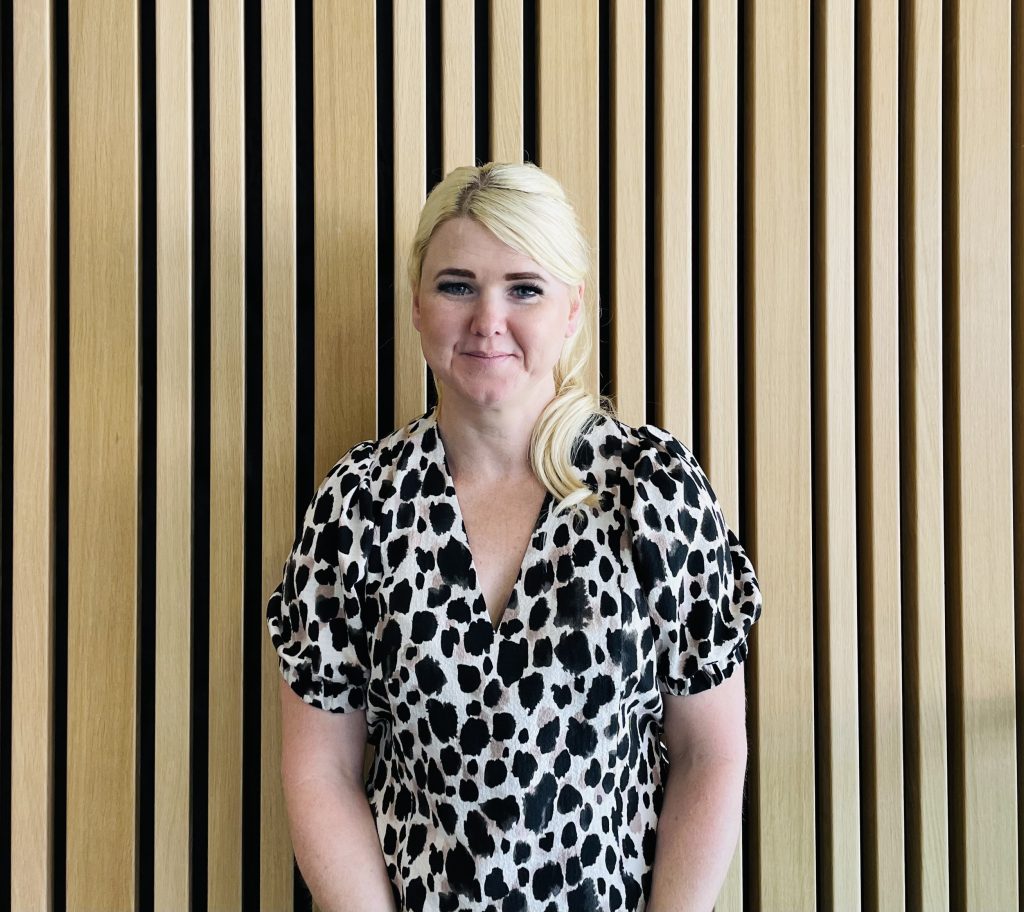

Laura Carney
Senior Finance Business Partner
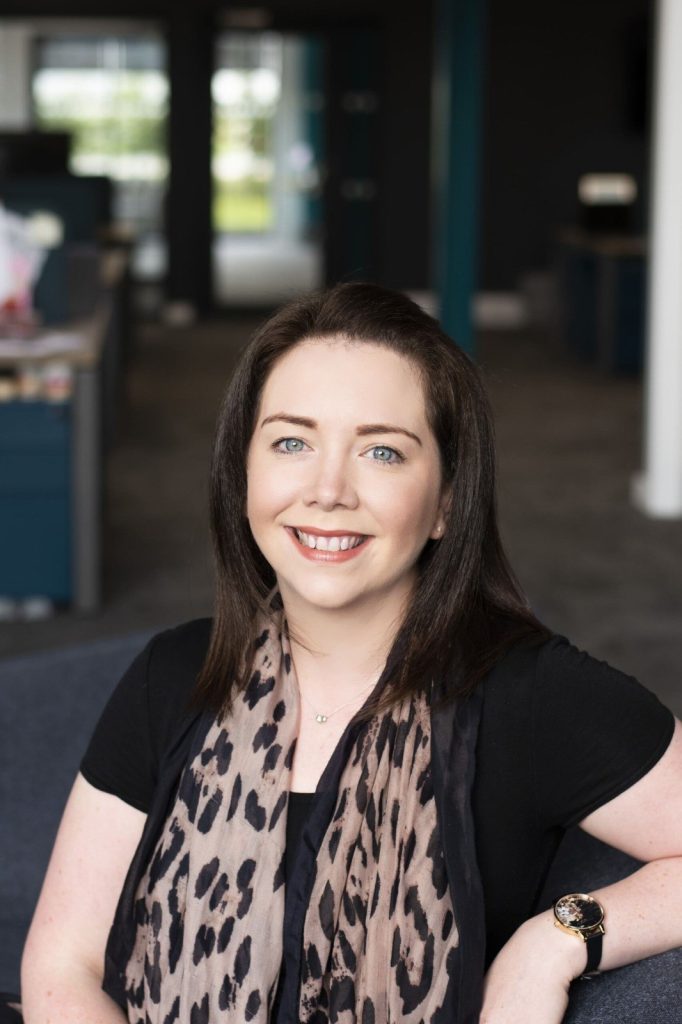

Lauren Sloka
Programme Manager
Lauren is a Programme Manager for iiCON. She will be managing several key projects alongside the rest of the iiCON team. With over 12 years of experience in managing high-budget, multi-faceted projects, Lauren joins us from a Private Healthcare company where she served as a Project Director for numerous large-scale clinical trials. In this role, her team was responsible for managing the delivery, operational, and compliance aspects of the projects. Lauren holds a degree in Italian and Spanish from Lancaster University and possesses a Prince2 Project Management Qualification.
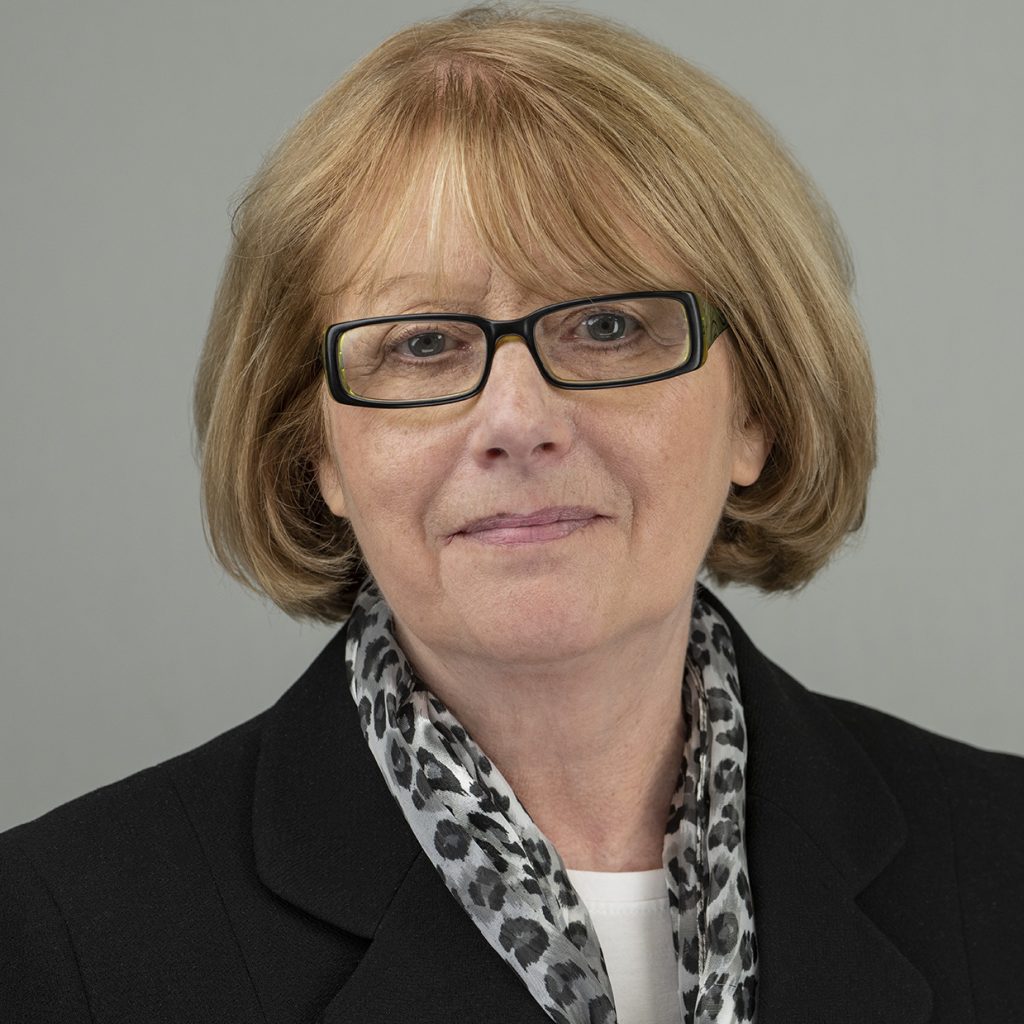

Andrea Fyfe
Executive Assistant
Executive Assistant to Professor Janet Hemingway, Andrea joined LSTM in 2017 working with Professor Hemingway in her capacity as Director of LSTM and joined iiCON in 2019.Andrea brings a wealth of experience in EA support and business administration to Janet and the wider iiCON team. She is instrumental in organising key events and high-profile visits.
Contact: Andrea.Fyfe@lstmed.ac.uk
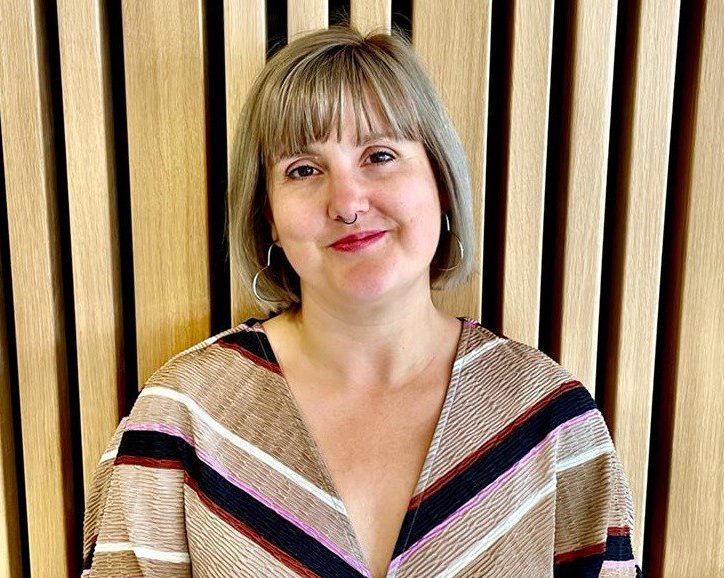

Amy Collins
Programme Administrator and Events Coordinator
Programme Administrator supporting iiCON’s dynamic team and workspaces in completing the ERDF funded Formulated Materials for Infectious Disease Prevention programme. Amy has a BA in Marketing, runs her own creative business, and has experience in retail management. She has joined the iiCON core team from a Marketing and Public Engagement role with Daniela Ferreira’s Liverpool Vaccine Group. This involved the recruitment of healthy participants for human challenge clinical trials.
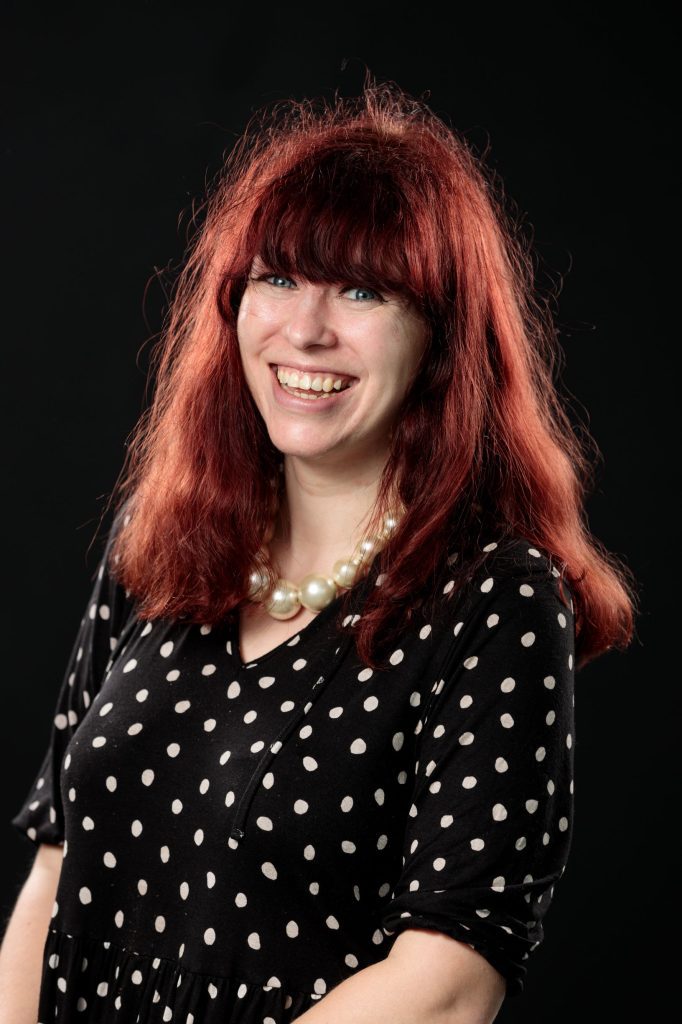

Alexandra Pendleton
Programme Administrator
Alex is a Programme Administrator at iiCON and is responsible for day-to-day operational and specific programme support to the programme management team. She joins the team at iiCON from a role in Admissions at LSTM, where she worked with both Home and International students. Alex has a BA in English and nine years’ experience working in Higher Education, and previously worked for the University of Oxford and Birmingham City University in a variety of student and academic support roles before joining LSTM.
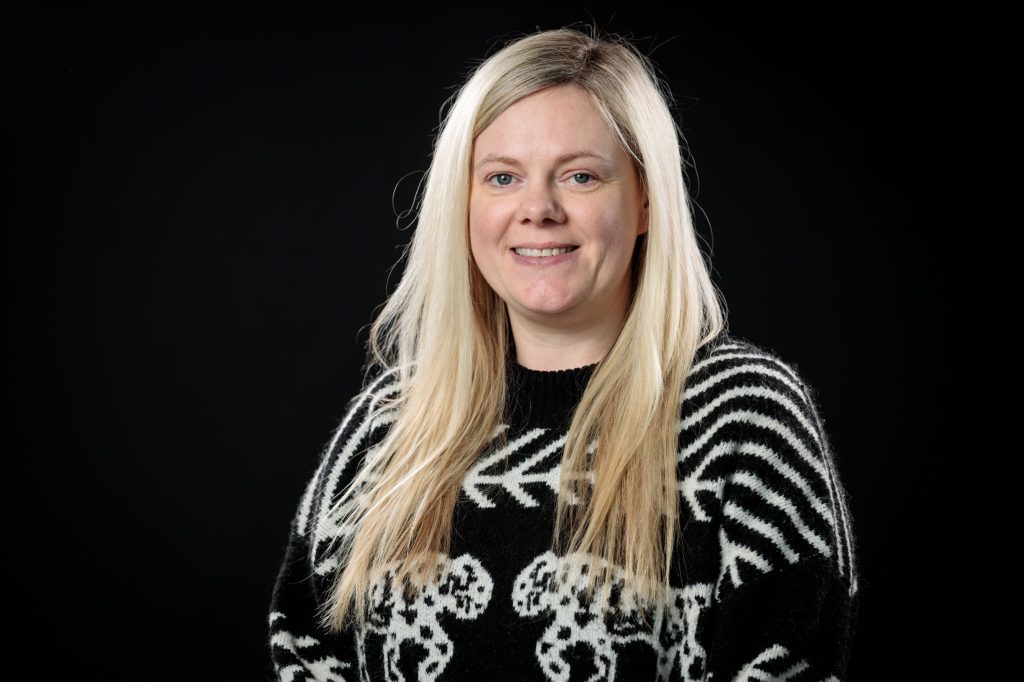

Jolene Dunlop
Data Analyst
Jolene is a Data Analyst, who provides analytical support to the day-to-day running of iiCON, which includes key performance indicator monitoring, trends and market analysis, and CRM database management. Jolene completed her degree in Business with Marketing at Hope University in Liverpool in 2009. Prior to joining iiCON, Jolene had 14 years’ experience working in the Housing Sector in data analytics.
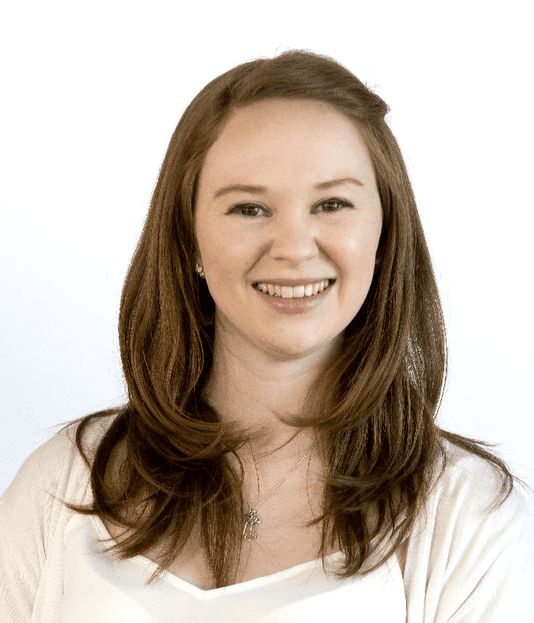

Aoife Ryan
Programme Administrator
Aoife is a Programme Administrator on the iiCON team. She helps with the day to day administrative tasks and programme specific support to the programme management team. She joined the team from the EU Business School in Barcelona where she worked as an Academic Counsellor. Aoife has a BSc in Geology and has been working in Higher Education for over six years. She previously worked in University College Cork and University College Dublin in Ireland, in a variety of administrative and recruitment roles. When she’s not at work she enjoys gardening, baking and crafts.
iiCON Platform Leads
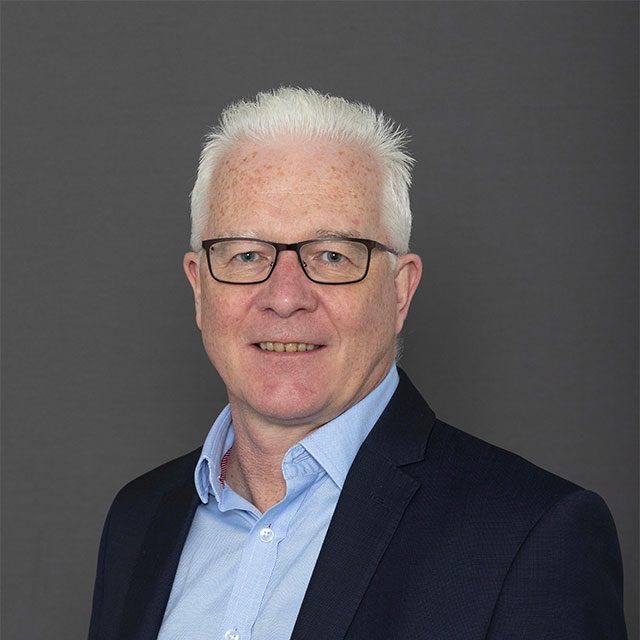


Dr Derek Lindsay
Chief Operating Officer, Infex Therapeutics
Dr Lindsay was a co-founder of Redx Pharma and its Chief Operating Officer from 2012-17. His former roles include a Director of Innovation of pharmaceutical industry consortium Britest Ltd from 2006 to 2012, and R&D Director of Avecia Pharmaceutical Products in a management career of more than 30 years. Derek has worked in R&D, Process Development and Hazards at Avecia and its predecessor businesses, Zeneca and ICI, which he joined in 1988, after initially working in R&D at BP from 1985.
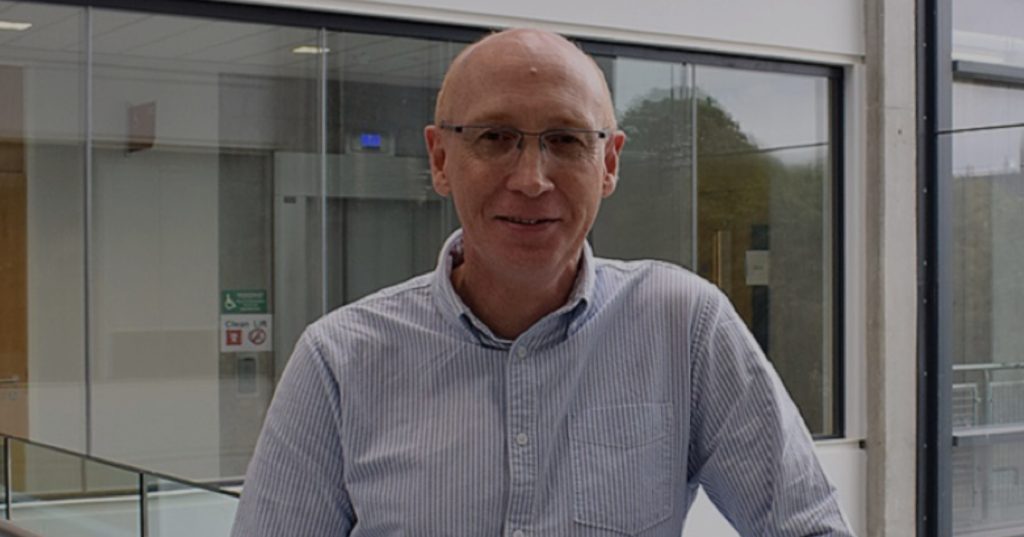

Professor Steve Rannard
Co-director of the Centre of Excellence for Long-acting Therapeutics (CELT) Steve is a professor of chemistry at the University of Liverpool
Professor Steve Rannard is a co-director of the Centre of Excellence for Long-acting Therapeutics (CELT), the academic lead for Nanomedicine within the Materials Innovation Factory and Director of the Radio materials Laboratory within the Department of Chemistry.
His therapeutic research primarily focuses on advanced materials science onto unmet medical/clinical needs to target new patient benefits using scalable polymer syntheses, nanoparticle synthesis, solid drug nanoparticle formulation and nanoemulsion platforms. Steve spent 16 years in industry (Cookson, Courtaulds, Unilever) and has co-founded four start-up companies (IOTA Nanosolutions Ltd, Hydra Polymers Ltd, Tandem Nano Ltd, and Polymer Mimetics Ltd).
Steve was the first recipient of the RSC/Macro Group UK Young Researcher of the Year medal, sequential RSC Industrial Lectureships at Strathclyde and Sussex, a visiting lectureship at Sussex, visiting Professorship at UOL, and a Royal Society Industry Fellowship.
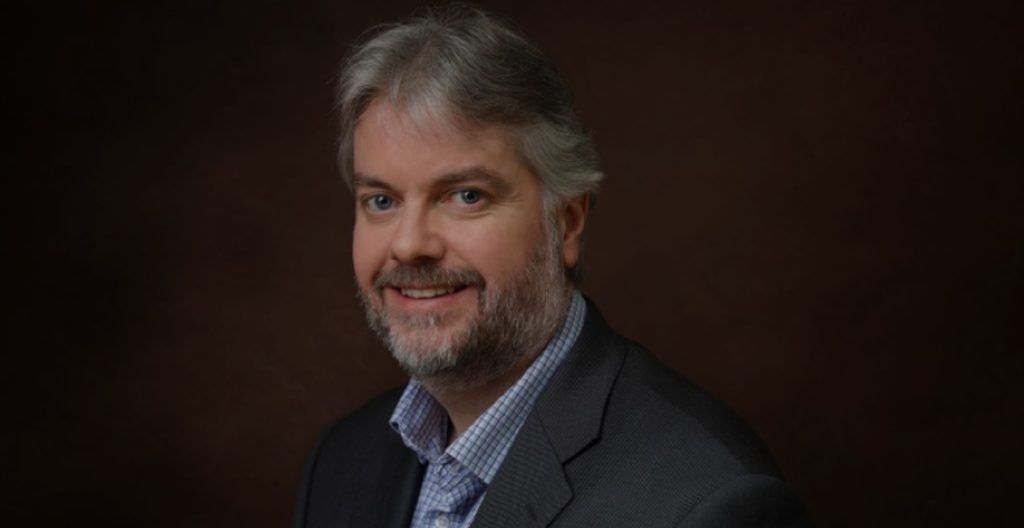

Professor Andrew Owen
Co-director of the Centre of Excellence for Long-acting Therapeutics (CELT)
Andrew Owen is a co-director of the Centre of Excellence in Long-acting Therapeutics (CELT) at the University of Liverpool. He is principal investigator for LONGEVITY, an international project funded by Unitaid that aims to translate long-acting medicines for malaria, tuberculosis, and Hepatitis C Virus.
Andrew also leads a modelling and simulation core and sits on the executive group for the NIH-funded Long-acting/Extended-release Antiretroviral resource Programme (LEAP). He is a Director and Chief Scientific Officer for Tandem Nano Ltd. and co-inventor of patents relating to drug delivery.
Since March 2020, he has been intensively engaged in evaluation of SARS-CoV-2 antiviral candidates.


Dr Preeti Bakrania
Principal Business Development Manager, Therapeutic Platforms, LifeArc
Preeti Bakrania leads the Business Development and Partnerships activities for the Therapeutic Platforms at LifeArc including the commercialisation of our monoclonal antibody discovery and humanisation platforms. She obtained her PhD in Biochemistry at the National Institute for Medical Research and has more than 20 years research experience working in a number of disease areas including neuroscience, oncology and ophthalmology with postdoctoral roles held within UCL, University of Cambridge and University of Oxford. She joined LifeArc 16 years ago working on both small molecule and biologics drug discovery programs.
Preeti is an experienced project and portfolio manager where she managed LifeArc’s world-leading antibody humanisation portfolio, which has resulted in the development of five commercialized drugs, including Keytruda® and Leqembi® and also led LifeArc’s portfolio to generate fully human antibodies using our in licensed transgenic mouse platform against a number of target classes across a wide range of disease areas for pre-clinical development. More recently, in her role as a Scientific Director leading the Biologics Discovery and Development team in LifeArc’s Therapeutic Translation Platform group she oversaw a team of 28 scientists based at our sites in Stevenage and the Francis Crick Institute who are dedicated to the successful delivery of high-quality biological therapeutics to support LifeArc’s Portfolio.
Preeti is a passionate scientist that thrives on the successful delivery of drug discovery programs to the clinic for the benefit of patient healthcare and has a track record of success with a number of publications, named inventor on four patents and has been a Board Observer for DJS antibodies which was recently acquired by Abbvie.
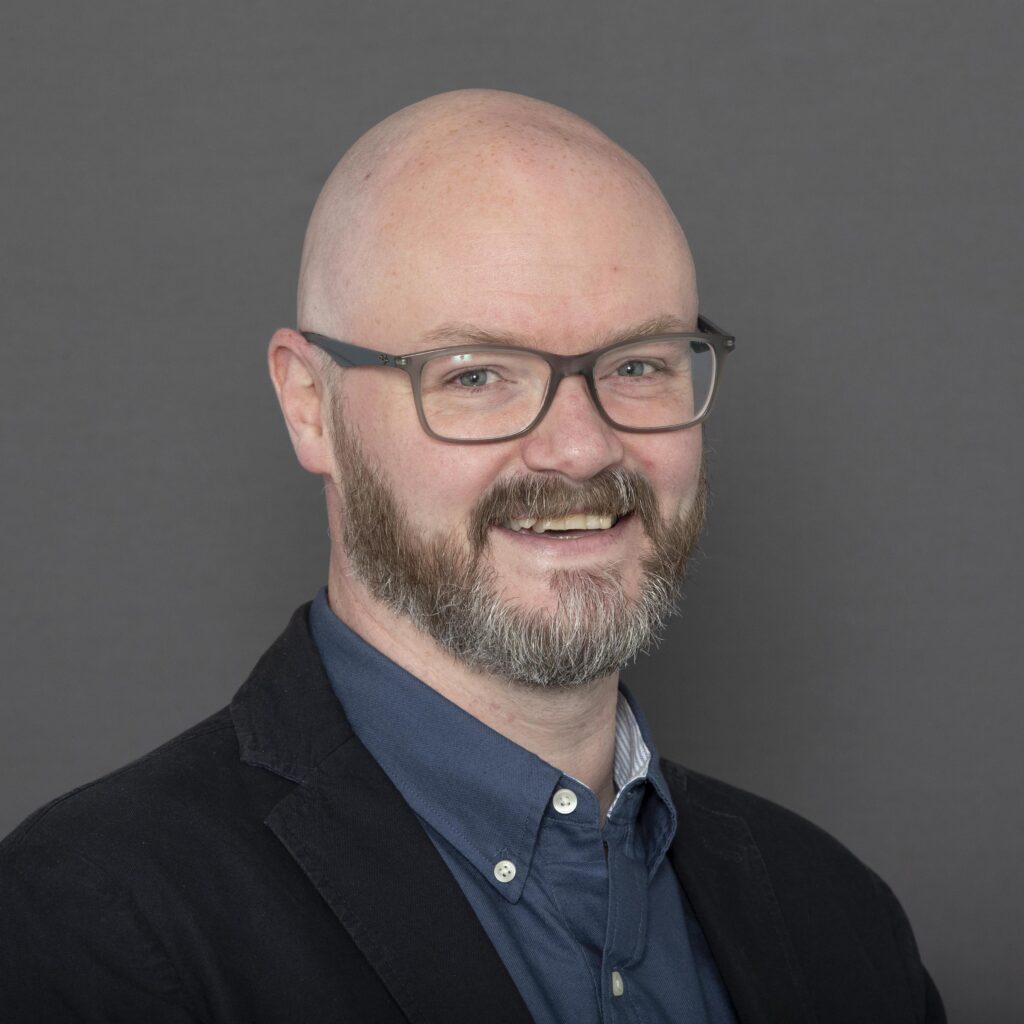

Professor Neill Liptrott
Chair of Pharmacology at the University of Liverpool, Coordinator of The Nanotherapeutics Hub at The University of Liverpool
Prof. Liptrott, Chair in Pharmacology and Immunocompatibility at the University of Liverpool, has expertise in pharmacology, immunology, and molecular cell biology.
As the principal investigator of the Liverpool Immunocompatibility Group, Coordinator of the Liverpool Nanotherapeutics Hub, and Platform manager (Nanotherapeutics) for the Infection Innovation Consortium (iiCON), he oversees critical research initiatives. His roles extend to serving as a member of the Liverpool City Region Health & Life Sciences Board; biocompatibility leads for the Centre of Excellence for Long-acting Therapeutics (CELT) and steering board member for the Intracellular Drug Delivery Centre (IDDC).
Prof. Liptrott’s research investigates the biological interactions of complex medicines, advanced therapeutics, and biomaterials, assessing their biocompatibility, immunomodulatory potential, and risk. Notably, his work has supported the successful translation of solid drug nanoparticle formulations through GMP manufacture for HIV treatment. He supports developers in navigating the complexities of advanced therapeutics for clinical studies.
Prof. Liptrott contributes significantly to various organisations, serving as a member of the Executive Board and Core Expert Team for the European Nanomedicine Characterisation Laboratory (EUNCL) and as Academic in Residence at the National Measurement Laboratory, among other roles. He is actively involved in initiatives such as creating the British Society for Nanomedicine and serves as an elected Trustee, emphasising immunological safety. At the University of Liverpool, he spearheaded the establishment of the MSc in Pharmacology and Toxicology, where he serves as programme director.
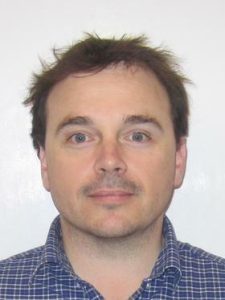

Professor Grant Hughes
Professor and Wolfson Fellow at Liverpool School of Tropical Medicine
Professor Hughes’ PhD research at The University of Queensland focused on developing a symbiotic control strategy of an agricultural disease caused by a viral pathogen transmitted by Planthoppers. To further his expertise in the vector biology and symbiosis fields he undertook a Postdoctoral fellowship at Johns Hopkins School of Public Health, and then a Research Associate position at Penn State University where he examined the interactions between Wolbachia, a common bacterial endosymbiont of insects, other microbiota, and Plasmodium parasites in Anopheles mosquitoes. In 2015, he joined the Department of Pathology at the University of Texas Medical Branch as an Assistant Professor and focused on examining interactions between the microbiome and arboviruses in Aedes mosquitoes. Professor Hughes joined the Departments of Vector Biology and Tropical Disease Biology at LSTM in 2018 where his group works on arboviruses and microbes of mosquitoes.


Professor Nicholas Feasey
Infectious Diseases Physician and Professor of Clinical Microbiology at the Liverpool School of Tropical Medicine
Professor Feasey’s research is focused on the surveillance and management of antimicrobial resistant bacterial infection, and taking a one health approach to exploring the transmission of enteric pathogens associated with invasive disease. His research group uses bacterial genomics, spatial statistics and transmission modelling in collaboration with the Wellcome Sanger Institute and CHICAS at the University of Lancaster.
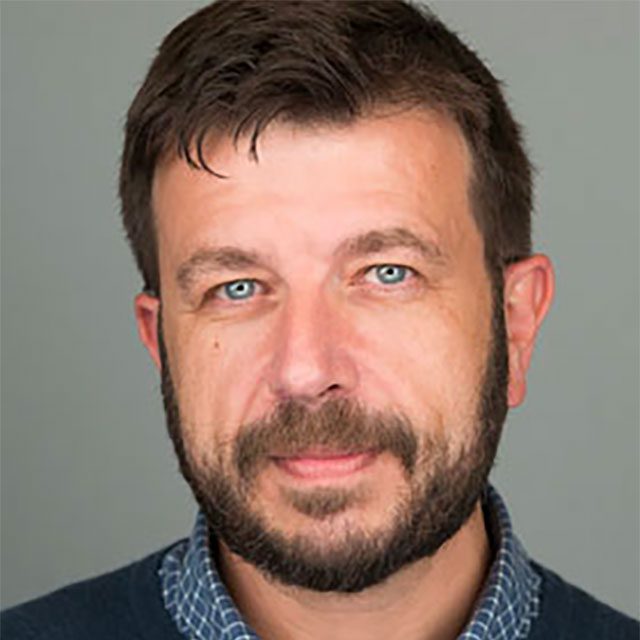

Dr David Weetman
Reader, Liverpool School of Tropical Medicine
Dr Weetman graduated in Zoology (BSc) from the University of Newcastle-upon-Tyne and in Ecology (MSc) from The University of Wales, Bangor. His PhD at The University of Liverpool was followed by postdoctoral positions in the Molecular Ecology and Fisheries Genetics Group at the University of Hull. He joined LSTM in 2006 working as a senior PDRA on IVCC and then NIAID-funded projects on the genetic basis of insecticide resistance in the primary malaria mosquito Anopheles gambiae. He was appointed as Reader in 2020.
His research aims primarily to investigate the genes and mutations responsible for insecticide resistance in mosquitoes and phlebotomine sandflies and how these spread among populations. A goal of this work is to identify and apply DNA markers for molecular surveillance of insecticide resistance in control programmes. A second area of research is in questions related to the causes and consequences of vector speciation and population subdivision and how these regulate transfer of adaptive traits of medical importance. He is also broadly interested in the application of molecular techniques to applied ecological questions in vector biology. He coordinates the Vector Research Support group (VRS), which provides molecular and biochemical collaboration, training and services to students, visiting scientists and for control trials.
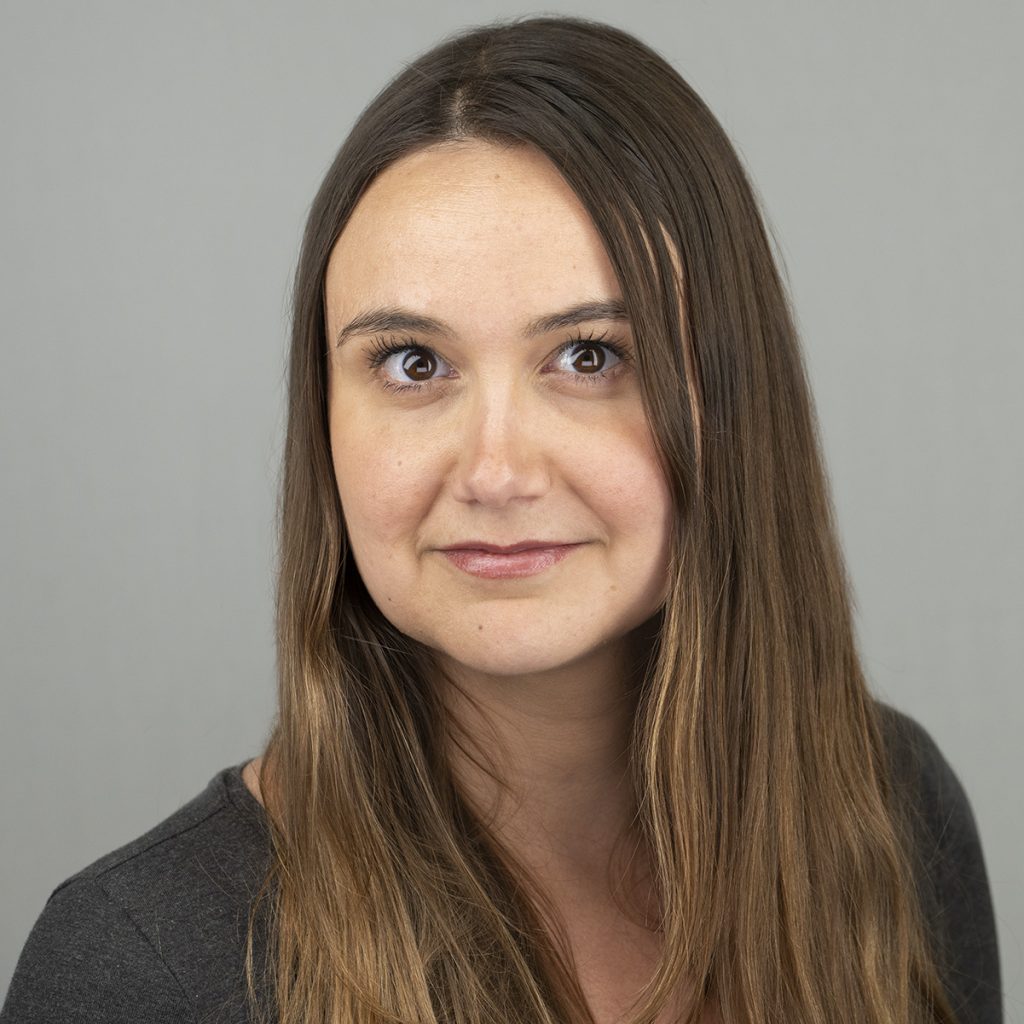

Dr Ana Isabel Cubas Atienzar
Lecturer Diagnostic Infectious Disease, Liverpool School of Tropical Medicine
Ana joined LSTM in 2019, she leads a team which focuses on the development and evaluation of novel diagnostics for emerging viral infections and outbreak prone infectious diseases such as COVID-19, Mpox, Crimean Congo Haemorrhagic Fever (CCHF) and Rift Valley Fever (RVF).
Ana played a substantial role in the UK COVID-19 pandemic response including the leadership of the FIND-WHO diagnostic evaluations where her team recruited over 2000 participants in diagnostic trials. She is currently involved in the evaluation of Mpox diagnostics under the FIND-WHO pandemic threats umbrella, the evaluation of novel diagnostics for TB and in the development of point-of-care tests for CCHF and RVF following successful funds from MRC and LifeArc.
She is one of the Diagnostics leads within the Research Centre for Drugs and Diagnostics (RCDD) at LSTM and sits on the Scientific Advisory Group of the Liverpool Pandemic Institute.
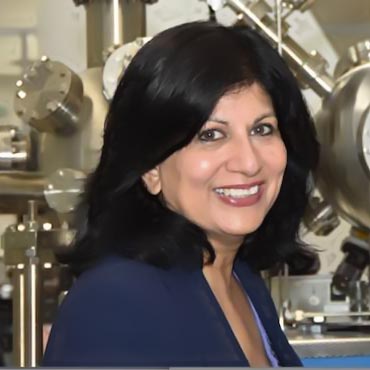

Professor Rasmita Raval
Professor in Chemistry and Director of the Surface Science Research Centre at the University of Liverpool
Professor Raval is also the Director of ‘The Open Innovation Hub for Antimicrobial Surfaces’ and is one of the four co-directors of the UK ‘National Biofilms Innovation Centre’.
Her interdisciplinary research spans knowledge-based design of functional surfaces, molecular nanoscience and bio-interfaces. Her research group combines protocols for targeted assembly of functional nano-architectures and concurrent development and utilisation of powerful scientific techniques to probe the behaviour and performance of these systems at the atomic, molecular and cellular level.
This experimental effort is combined with theoretical modelling to yield insights into molecular and biological responses and behaviour at interfaces. She also leads a dedicated innovation team to translate frontier research into technology platforms, with a specific focus on antimicrobial and anti-infective surfaces and materials. Accelerated translation is driven within an active and connected collaboration ecosystem involving multinational companies and SMEs across multiple sectors, healthcare stakeholders and regional, national and international agencies.
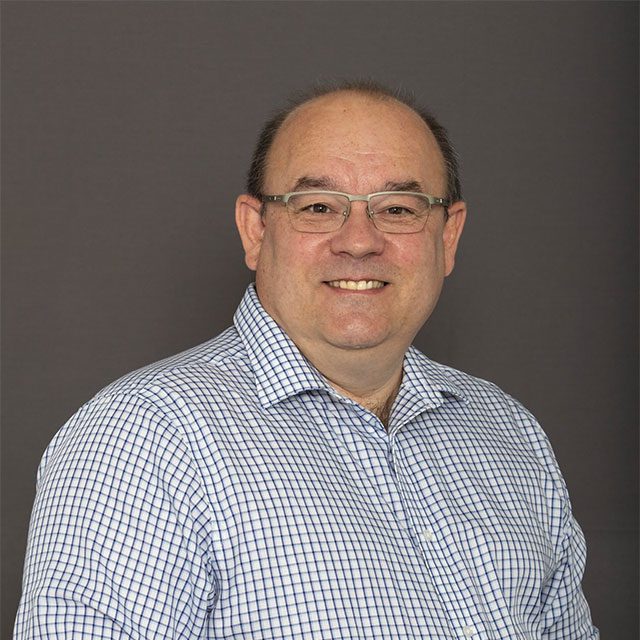

Professor Andy Shaw
Head of the Built Environment and Sustainable Technology Research Institute (BEST) in the Faculty of Engineering and Technology at Liverpool John Moores University
Professor Shaw also leads the RF and Microwave (RFM) research theme within the institute. He graduated from the University of Liverpool with a BEng Hons in Electrical and Electronic engineering in 1990, a MSc in Materials Science (Engineering) in 1991 and a Ph.D. in 1995, titled “The realisation of an industrial free electron laser”. He worked as a postdoctoral researcher at the University of Liverpool for 8 years on industrial microwave applications for both material processing, sensor technologies and microwave plasma applications.
In 2003, he become a lecturer at the University of Liverpool within the Electrical Engineering department whilst continuing to research in microwave industrial applications, but also in the use of subsea radio frequency (RF) communications as part of a MoD funded project and later as an FP6 EU funded project. In 2005, he joined Liverpool John Moores University as Senior Lecturer in the General Engineering Research Institute (GERI) before becoming the head of the Electrical Engineering department within the School of Engineering in 2007. He became a Reader in Environmental and Sustainable technology in 2010 within the BEST research institute and finally director of the BEST research institute in 2015 and finally attained his Professorship in Microwave technology in 2016.
He has over 20 years of expertise in developing industrial applications, such as material cutting, vitrification, exhaust gas conditioning for vehicles, pyrolysis, torrefaction and gasification, microwave chemistry and microwave biodiesel production. Along with the design and development of numerous NDT sensor technologies for the process engineering, healthcare and manufacturing sectors. He is also a director of the CO Research Trust which is a charity that funds Carbon monoxide research.
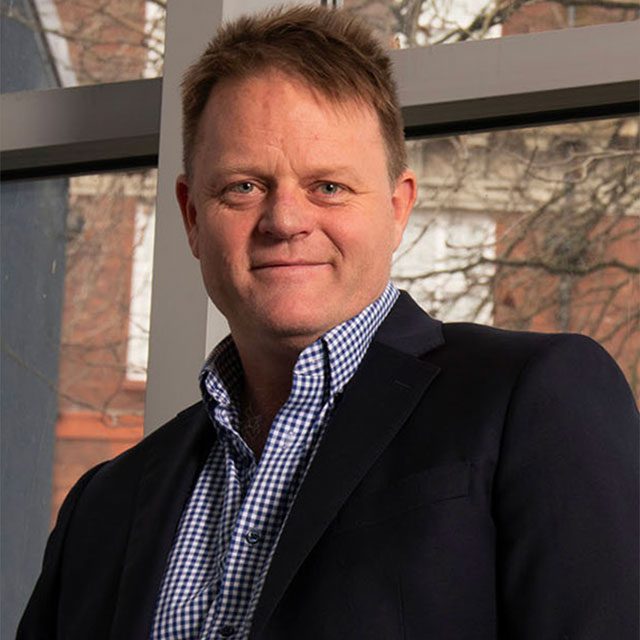

Professor William Hope OBE (FRACP, FRCPA, PhD)
Dame Sally Davies Chair of AMR Research – Director, Centre of Excellence in Infectious Diseases Research University of Liverpool
Dame Sally Davies Chair of AMR Research – Director, Centre of Excellence in Infectious Diseases Research – Co-Lead, NIHR Infectious Diseases National Specialty Group University of Liverpool.
Professor Hope qualified in Medicine in 1991, before undertaking specialist training in infectious diseases and clinical microbiology. He completed his PhD in antimicrobial pharmacology in 2006, while undertaking fellowships at the University of Manchester, UK, and the National Institutes of Health, Bethesda, USA. He was an NIHR Clinician Scientist and this award focussed on individualised antimicrobial therapy.
Professor Hope leads the Centre of Excellence in Infectious Diseases Research (CEIDR) which focuses on infection therapeutics. Areas of special interest and research are antimicrobial pharmacokinetics and pharmacodynamics, antimicrobial drug development and individualisation of antimicrobial therapy. He is a Fellow of the American Academy of Microbiology and European Society of Clinical Microbiology and Infectious Diseases as well as NIHR National Specialty Co-Lead for Infectious Diseases. Professor Hope is a Fellow of the Royal Australasian College of Physicians and a Fellow of the Royal College of Pathologists of Australasia and is the National Institute of Health Research Clinical Research Network Co-lead for Infectious Diseases.
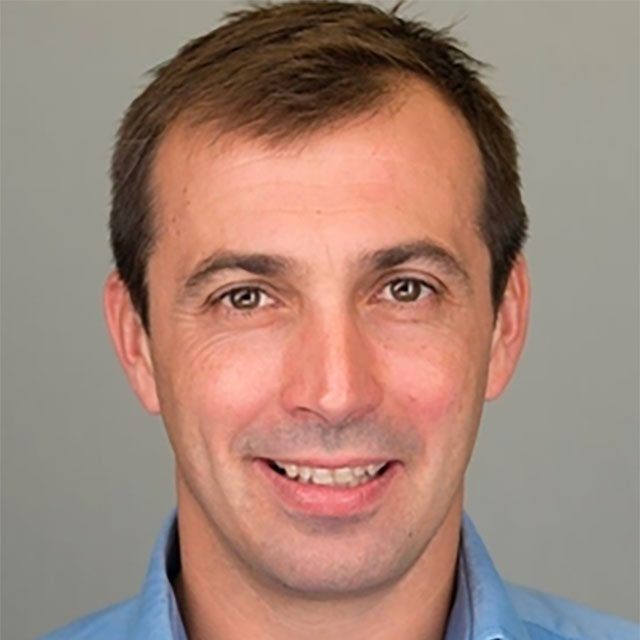

Professor Giancarlo Biagini
Pro Vice-Chancellor for Research and Innovation, Liverpool School of Tropical Medicine
Professor Biagini’s career has focused on the biochemistry, pharmacology and therapeutics of human pathogens most notably Plasmodium falciparum and Mycobacterium tuberculosis. Basic biochemical research includes the characterisation of bioenergetic components in the respiratory chain and of key substrate and drug transporters. This fundamental work has contributed to our understanding of mechanisms of drug action, major resistance mechanisms in malaria and validation of novel targets for chemotherapy in both malaria and TB. He has over 20 years’ experience in molecular pharmacology and drug discovery/development from the development of HTS campaigns to candidate declaration working with Industry and with product development partnerships (PDPs).
More recently, he has been involved in the development of new image-based pharmacodynamic platforms to identify and accelerate antimalarial and antitubercular pre-clinical drug candidates, as well as clinical pharmacology projects towards understanding PK-PD determinants of poor patient outcomes again for both TB and malaria patients. He is the drug lead within Research Centre for Drugs and Diagnostics (RCDD) at LSTM. He is chair of the LSTM Research Committee, Director of the MRC Doctoral Training Partnership in Translational and Quantitative Skills in Global Health and co-lead of LSTM’s MRC Skills Development Fellowship programme.



Dr Derek Lindsay
Chief Operating Officer, Infex Therapeutics.
Dr Lindsay was a co-founder of Redx Pharma and its Chief Operating Officer from 2012-17. His former roles include being a Director of Innovation of pharmaceutical industry consortium Britest Ltd from 2006 to 2012, and R&D Director of Avecia Pharmaceutical Products in a management career of more than 30 years. Derek has worked in R&D, Process Development and Hazards at Avecia and its predecessor businesses, Zeneca and ICI, which he joined in 1988, after initially working in R&D at BP from 1985.
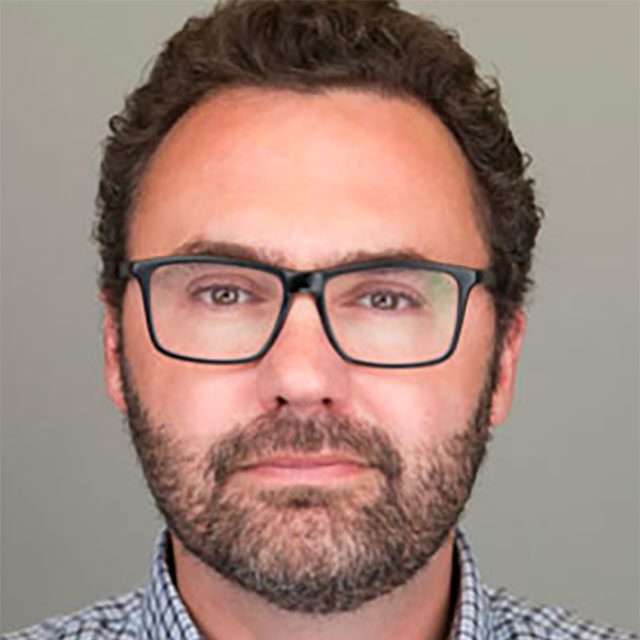

Professor Adam Roberts
Professor, Antimicrobial Chemotherapy and Resistance, Liverpool School of Tropical Medicine
Adam Roberts is a Professor and AMR lead at the Liverpool School of Tropical Medicine. Adam has been investigating the fundamental mechanisms of transferable AMR for more than 20 years and, since arriving at Liverpool School of Tropical Medicine in 2017, has focussed on translational aspects of AMR and early-stage drug discovery and development.
His current research activities include investigations into the many drivers of resistance in a One Health context, the molecular genetics of resistance mechanisms and mobile genetic elements and how they contribute to the dissemination of AMR and the use of evolutionary biology to inform antibiotic treatment regimens and drug design. His team also carry out discovery projects, investigating novel antimicrobial natural products, target-site identification, mechanism of action, and determining the resistance development potential of novel molecules within the LSTM’s drug development pipeline.
Adam’s research activities have led to more than 100 peer reviewed publications and reviews on AMR and his group is currently funded by the Medical Research Council, the National Institute for Health Research, UK Research and Innovation’s Strength in Places Fund, and the European Regional Development Fund plus various charities including the Wellcome Trust and the Medical Research Foundation. He runs The Transposon Registry and the award-winning citizen-science, drug-discovery project Swab and Send, is the Network coordinator of the JPIAMR Network of European and African Researchers on AMR (NEAR-AMR) and is a policy advisor (Drug Resistance) to the Royal Society of Tropical Medicine and Hygiene.
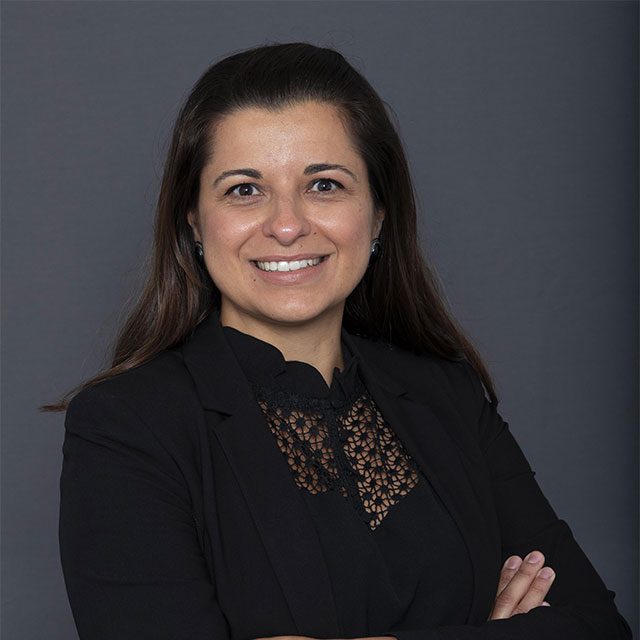

Professor Daniela Ferreira
Professor of Respiratory Infection and Vaccinology at Liverpool School of Tropical Medicine and the University of Oxford
Daniela is a global leader in Respiratory Infections and Controlled Human Infection Models (CHIM) (link is external) with experience in bacterial challenge, co-infection studies, vaccine testing and immune responses. She leads a large programme of work on Experimental Human Pneumococcal Challenge and mucosal immunity with collaborators from over 50 laboratories worldwide including South America and Africa and over £20m from various funders including MRC, UKRI, NIHR and top global industry partners.
She is the Head of the Liverpool Vaccine Team based at the Liverpool School of Tropical Medicine. To date her Liverpool based team has safely challenged over 1800 participants with live bacteria in over 20 clinical studies in their bespoke Accelerator Research Clinic. Daniela has played a substantial role in the UK Covid-19 pandemic response including the leadership of the Liverpool’s STOP COVID response and the NIHR NWC Vaccine Alliance Liverpool. Her Liverpool based team was a trial site for several Covid vaccine studies including the Phase II/III of the Oxford/AZ vaccine.
Daniela is on the management board of the HIC-VAC consortium. She obtained a PhD in Immunology in 2009 from the University of Sao Paulo (São Paulo, Brazil). During her PhD Daniela was awarded the prestigious Robert Austrian Research Award in Pneumococcal Vaccinology to develop novel nasal vaccines (2006). Daniela joined the Liverpool School of Tropical Medicine in 2009 as a postdoctoral scientist and was promoted to Professor and Head of Department of Clinical Sciences in 2018. She joined the University of Oxford in June 2022.
